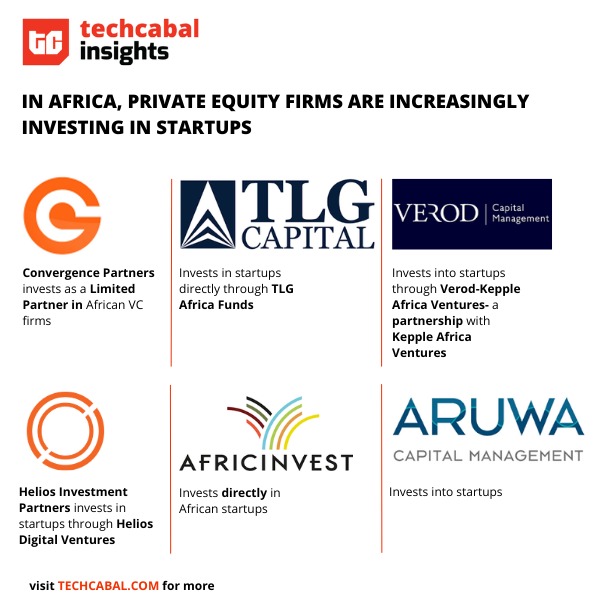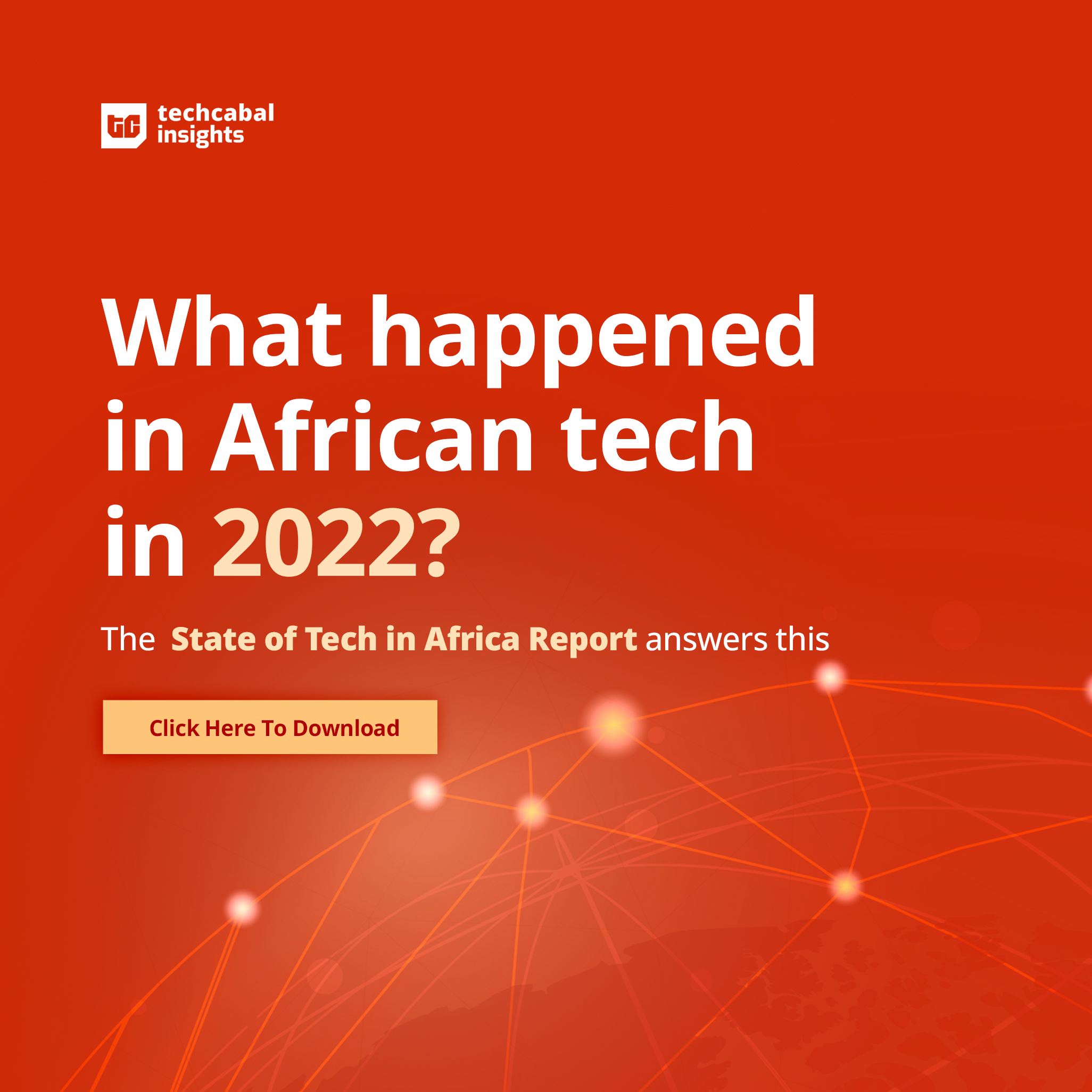12 February 2023
Next Wave: Should VC become PE?

Questions, questions, questions? | Photo: Javier Allegue Barros via Unsplash
For every action, there is an equal and opposite reaction. This is the equal and opposite side of last week's argument for venture capital to copy PE.
Last week I suggested that venture capital might benefit from taking on some characteristics of private equity in order to improve exit chances. From the feedback I received, it is clear that many investors are thinking in this direction.
Ola Brown, founding partner at Healthcare Capital Africa had written a note on LinkedIn outlining venture capital’s shift towards a private equity approach to evaluating investments. “I do believe that the asset class is evolving for legal reasons as well to improve its returns/performance. I outlined a greater and more objective focus on revenue/potential revenue as a basis for valuations, deeper and more extensive due diligence and improved corporate governance,” she wrote.
Managing partner at Lateral Frontiers Capital, Rob Eloff, agrees. In 5 places to escape to this investment winter, he wrote “The reset in valuations and macroeconomic outlook has challenged us to reflect on headwinds and opportunities for innovation.” He goes on to list five thematic investment destinations that African investors may want to take a closer look at in 2023. In discussing his third theme, “Private equity in overdrive, Eloff points out that growth private equity activity in the US has “ratcheted up over the past 6 months with strategies to take bloated moderate growers private or to recapitalize strong technology stacks that require business model pivots”.
Managing partner at Lateral Frontiers Capital, Rob Eloff, agrees. In 5 places to escape to this investment winter, he wrote “The reset in valuations and macroeconomic outlook has challenged us to reflect on headwinds and opportunities for innovation.” He goes on to list five thematic investment destinations that African investors may want to take a closer look at in 2023. In discussing his third theme, “Private equity in overdrive, Eloff points out that growth private equity activity in the US has “ratcheted up over the past 6 months with strategies to take bloated moderate growers private or to recapitalize strong technology stacks that require business model pivots”.
Eloff expects this type of increased activity from private equity firms. Indeed the recently concluded $400 million funding of Egypt’s MNT Halan involved a $260 million secondary transaction that saw a group of private equity investors exchanging stakes in the company at a reported $1 billion valuation, post-money. Consequently, the Lateral Frontiers boss makes the case for leading US PE firms to look towards Africa for deals.

A selection of private equity firms that have crossed into venture capital, directly or indirectly. | Chart by Mobolaji Adebayo – TechCabal Insights
Personally, I don’t expect much in the way of PE firms buying African tech companies. Private equity is itself from certified good health coming out of the last two years of the reign of cheap money. There are a lot of unrealised gains and unhealthy leverage that may prompt LP withdrawals. We’ve seen some of this hit larger firms like Blackstone. This aside, PE firms become interested in deals that they can conservatively estimate upwards of 20% internal rates of return (IRR). One important component of PE dealing is the availability of cheap leverage. That door is not very open and with it, IRRs of greater than 20% in the vast majority of overpriced deals now in the market.
African venture capital will need to save itself. Hence my proposal that we borrow some PE methodology not necessarily PE methods.
But not everyone agrees.
“There is a great gulf fixed betwixt us”
Following my piece last week, I had a conversation with Ido Sum, a partner at TLcom, about this very question of how much, if ever, venture capital can borrow from private equity. Sum doesn’t think there is much to borrow. And the fundamental difference, he explained, lies in the PE approach before even considering investment opportunities.
“These are two extremely different schools of thought. And have been so for a reason. They're looking for businesses at different times in their life, with different risk-and-reward balance,” he explains, referring to how venture capital seeks to support unproven business innovation whereas private equity focuses on “turn-around” investing in established but poorly performing companies.
“If you look at a ten-company portfolio of a VC fund, you assume that one or two will hit it out of the park and return the fund a couple of times over. Another three, four or five will be mediocre, [returning] between two, three or four times the Investment. And a bunch will be between 0 and 1 and not return capital, or will return something that is insignificant. When you run the numbers, you assume that all of this together will bring you to the proverbial 3x,” says Sum.
Sum does not believe that doing more due diligence, and instituting better corporate governance means VC is becoming more like private equity. LPs may be shaken by the recent losses, but Sum points out venture capital unlike private equity is long 10+2-year game, a point that I agree we easily forget.
Read: North is fixing primary healthcare with a hybrid care delivery model
But private equity works differently. A private equity investor wants to lose nothing and does not expect a massive 20x return. Instead, they work for consistent 2x or 3x returns across the entire portfolio. Doing this means private equity investors have to basically run the ships in all the companies they invest in. Unlike venture capital which is more un-involved operationally. It sounds like he is saying to quote a Bible parable, “between us and you there is a great gulf fixed: so that they which would pass from hence to you cannot; neither can they pass to us.”
But this difference is fairly new. Forty years ago venture capitalists were much more involved in the companies they invested in. Unlike private equity firms, they took risks, but like private equity, they took more control of the businesses they invested in. So maybe we don’t need to find parts of private equity to copy. We only need to recover the parts of VC that were discarded as cheap money poured into the hands of fund managers post-2008.
How much of what needs to be recovered though is a question to be answered. The early VC years were as ruthless as they were innovative and outperforming in returns. What I believe however is that VC is an investment model that is itself inbred with dynamism. In fact to state a loosely held radical opinion of mine, the 80/20 theory is due for so many caveats that we should not shy away from rethinking it. It is afterall why people were throwing money at every deck pitched by persons with suitable charisma etc.
More importantly, the rise of private equity firms investing directly in startups points to a different and overlooked story: That private equity in the last two years has been behaving like venture capital firms.
To conclude
Just yesterday, it was the best of times. For investors and founders, it is not so today and it leaves us with several questions.
Should venture capital become private equity? Should venture capital go back to how it was done 30 years ago? Or should we carry on with this new model, less the excesses of the last eight years? Are we misreading a reversion to old-school venture capital as private equalisation? And if so, how far back are we willing to go? Sequoia historically replaced the founders in 6 out of every ten companies it invested in, in the yesteryears of venture capital. Are we headed here?
I’ll leave the answer to you and the guys in investment committees.
Read: Trade Lenda is building a digital bank for the underserved
We'd love to hear from you
Psst! Down here!
Thanks for reading The Next Wave. Subscribe here for free to get fresh perspectives on the progress of digital innovation in Africa every Sunday.
Please share today’s edition with your network on WhatsApp, Telegram and other platforms, and feel free to send a reply to let us know if you enjoyed this essay
Subscribe to our TC Daily newsletter to receive all the technology and business stories you need each weekday at 7 AM (WAT).
Follow TechCabal on Twitter, Instagram, Facebook, and LinkedIn to stay engaged in our real-time conversations on tech and innovation in Africa.

Abraham Augustine,
Senior Writer, TechCabal.








